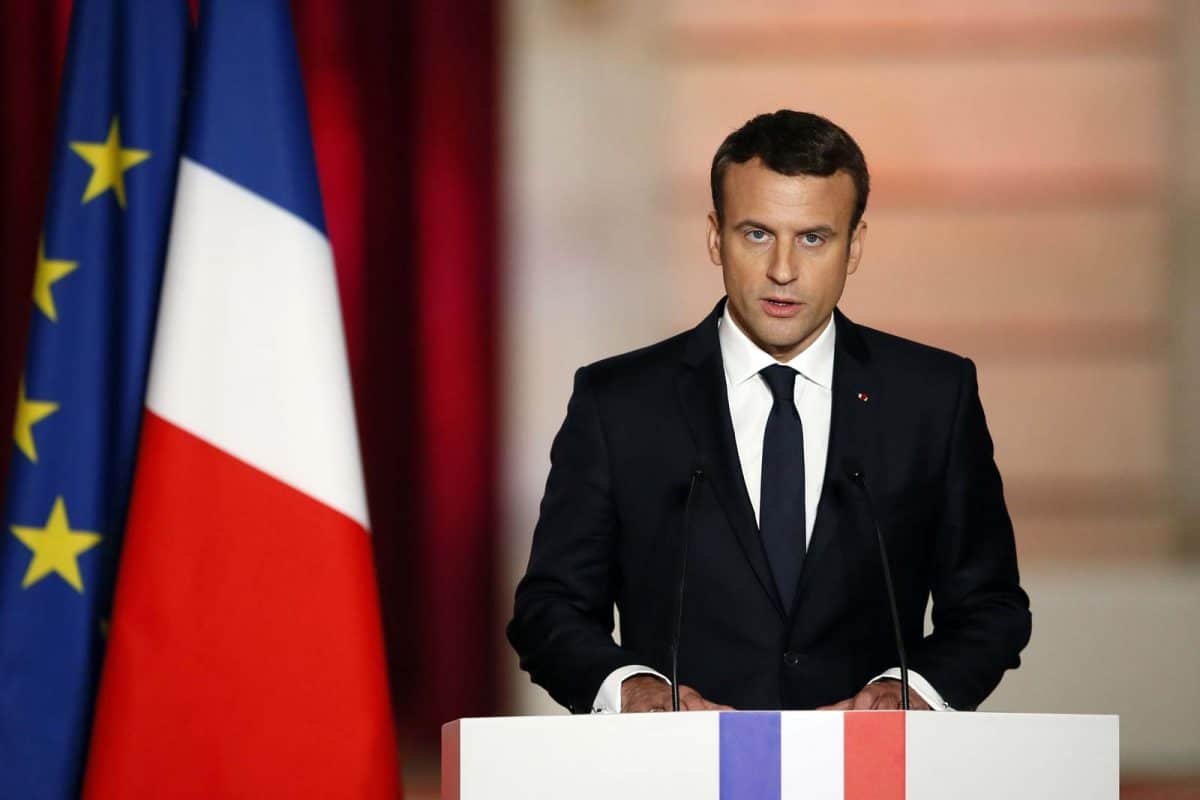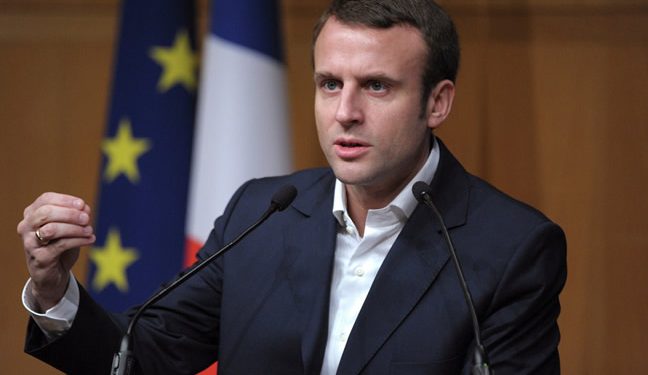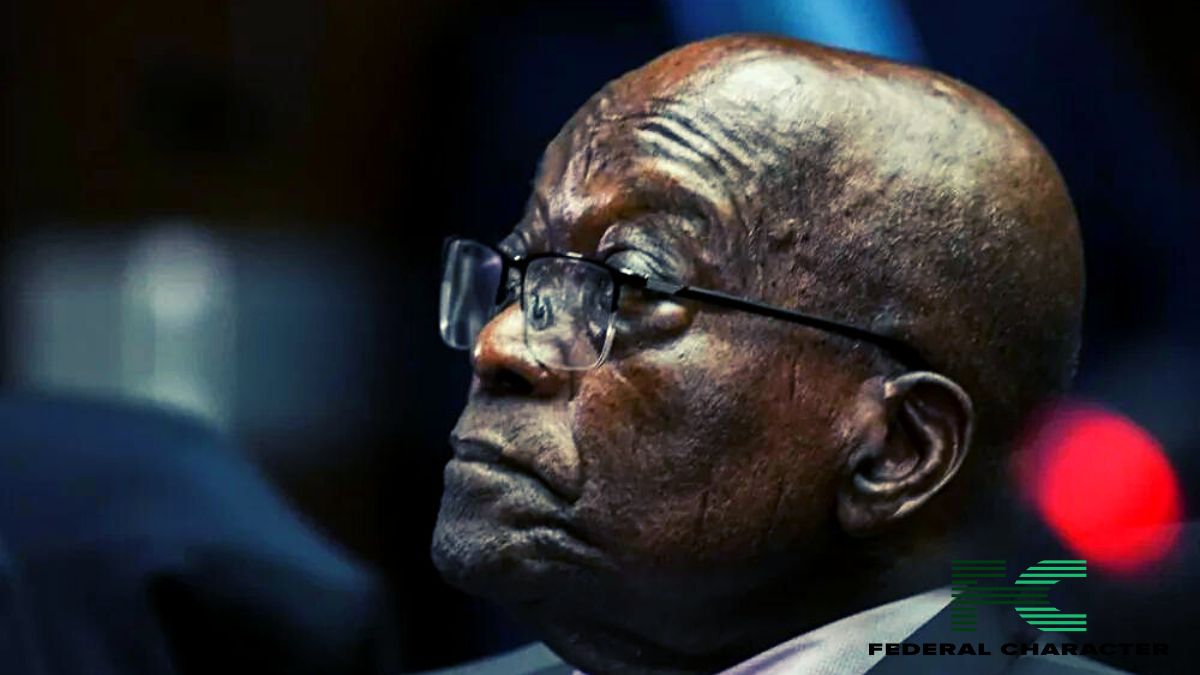In a dramatic shift that marks the end of a 25-year era, the French government has announced the stunning return of mandatory national service, a sweeping move that will reshape the lives of the nation’s youth amid growing fears of a major European conflict.
President Emmanuel Macron, announcing the policy at an infantry base near Grenoble, declared “the only way to avoid danger is to prepare for it,” framing the controversial decision as essential for national survival in “a world where might triumphs over right.” The program will see thousands of young French men and women volunteering for paid military training starting next summer, effectively reversing a policy that has stood since the post-Cold War peace dividend.

The announcement comes amid increasingly alarming rhetoric from French military leadership, with the newly appointed chief-of-staff warning that military planning now assumes a confrontation with Russia within three to four years—a stark assessment that has ignited fierce debate across the nation.
While polls show surprising public support for the measure, the plan faces immediate scrutiny over its massive costs and practical implementation, with the government unable to approve a 2026 budget amid a looming debt crisis.
Why It Matters
Macron isn’t merely reintroducing military service; he’s attempting to forge a “spirit of sacrifice” in a generation that has known only peace.
The timing is everything. With French generals openly discussing the prospect of losing children in war and Macron invoking the language of national mobilization, this represents the most significant shift in French defense thinking since the Cold War. That the government is pushing this through despite massive budget uncertainties shows genuine panic behind the scenes about European security.
But this is also a massive gamble. The ghost of France’s failed “Universal National Service”—the expensive holiday camp that collapsed earlier this year—haunts this new initiative. Macron isn’t just fighting Russia; he’s fighting skepticism that the French state can actually deliver on its ambitious promises without bankrupting the nation or disappointing another generation.

















